A Beginner’s Guide To Personalized Learning
In this graphic, Mia MacMeekin frames the idea of personalized learning around the who/what/where/why/when series of questions.
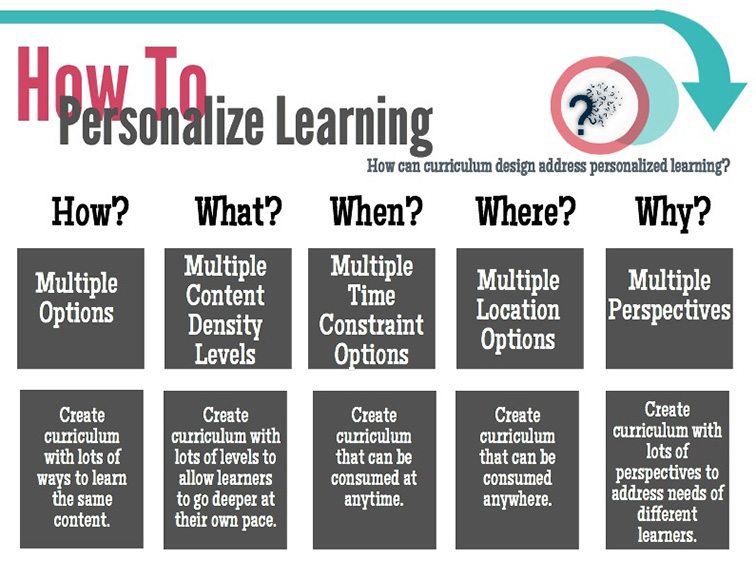
In this graphic, Mia MacMeekin frames the idea of personalized learning around the who/what/where/why/when series of questions.
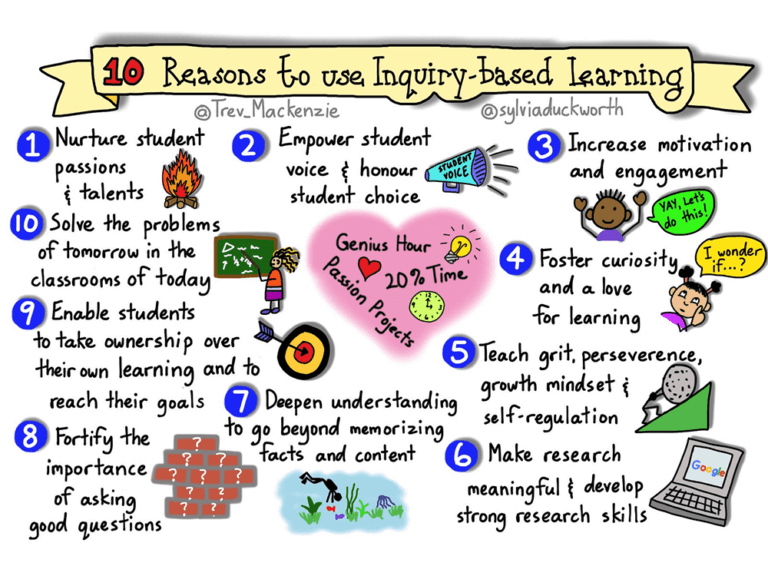
Among the benefits of inquiry-based learning, requiring the student to take an active role in the process may be the most significant.
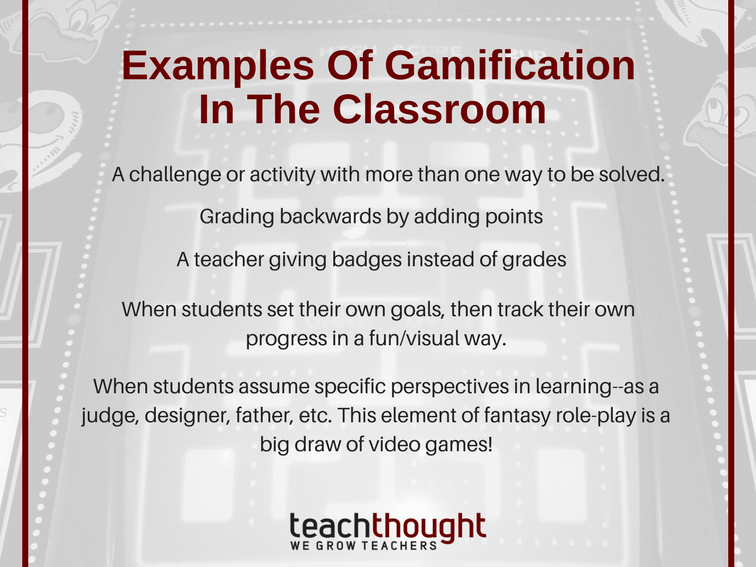
Examples of gamification include additive grading, using levels of progress, creating learning badges or trophies to include, and more.
Thinking-Centered Social Studies Standards: Essential Questions | TeachThought Essential Questions Elementary Inquiry What makes a question worth exploring for our class and our town? How can we turn a big wonder into a question we can answer? Whose questions are missing when we study this topic? When should we keep asking and when should we…
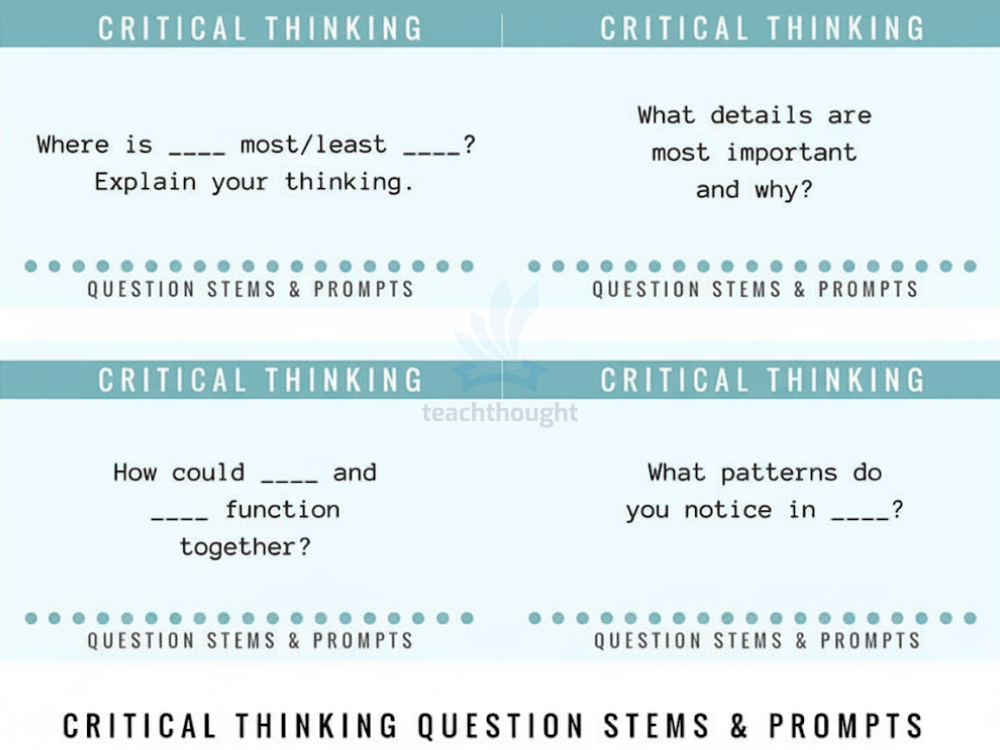
The purpose of these critical thinking question stems is to help students practice willingness to sit with an idea and struggle wonderfully.
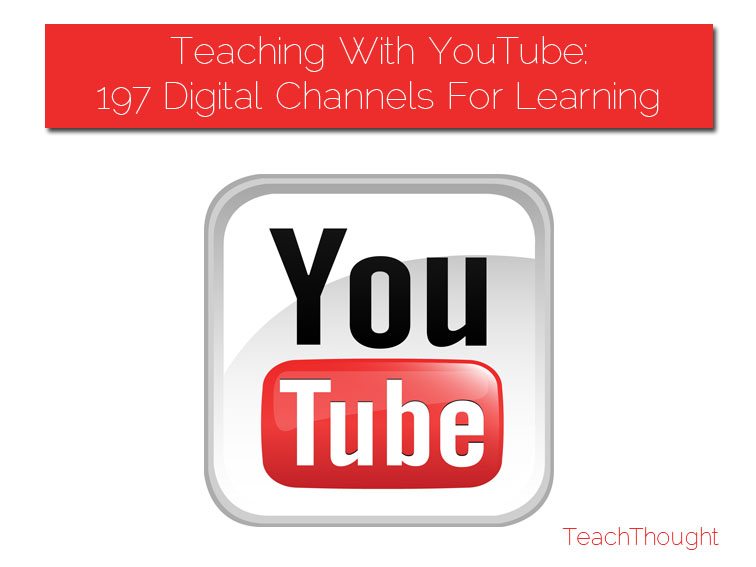
Nearly every major educational institution in the world is teaching with YouTube through videos featuring news, lectures, and courses.
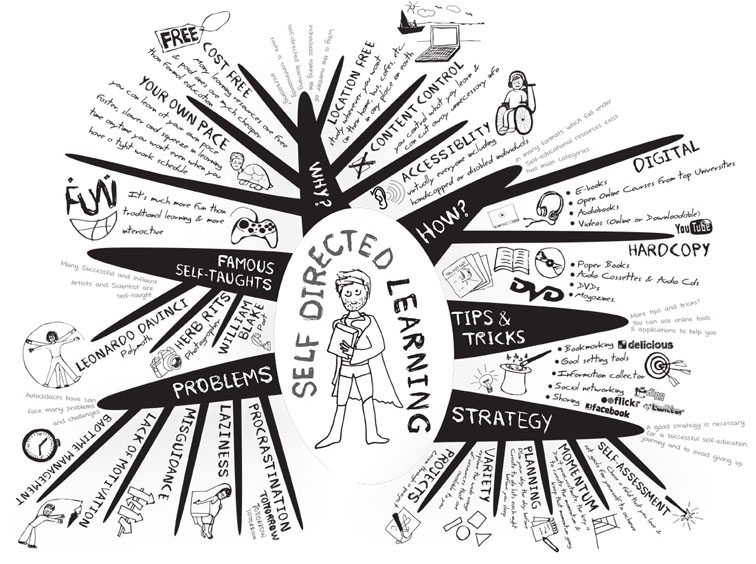
Modern access to information and learning platforms make self-directed learning more accessible–and powerful–than ever before.

From Afforai to Litmaps to ChatGPT, here are 26 free tools that support research, writing, and teaching for K–12 and higher ed educators and students.
AI in Education Dictionary – AI in Education AI in Education Core terms related to artificial intelligence and its role in teaching, learning, and educational technology 1. Artificial Intelligence (AI) Definition: A field of computer science focused on creating systems capable of performing tasks that typically require human intelligence, such as decision-making, pattern recognition, and…
Learning Theories 30 foundational and contemporary learning theories for teaching, instructional design, and educational research. Andragogy Overview: Andragogy emphasizes the distinct ways in which adults learn, prioritizing autonomy, prior experience, and readiness to apply knowledge. Definition: Andragogy is the theory and practice of adult learning, based on the idea that adults are self-directed learners whose…

Games can serve as platforms for lessons in math, science or just about anything — even if they weren’t designed to be educational.